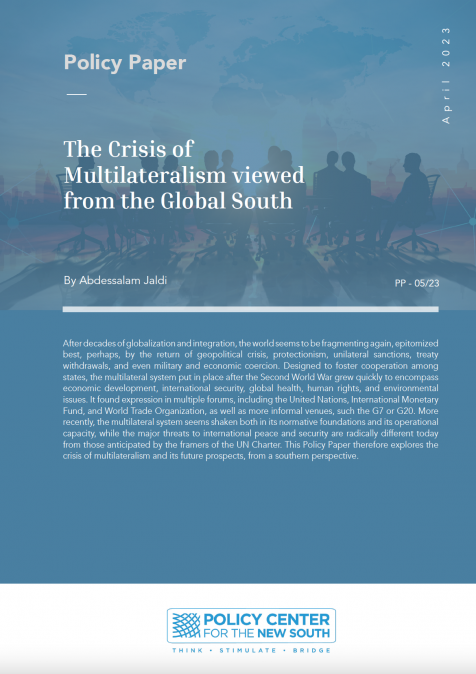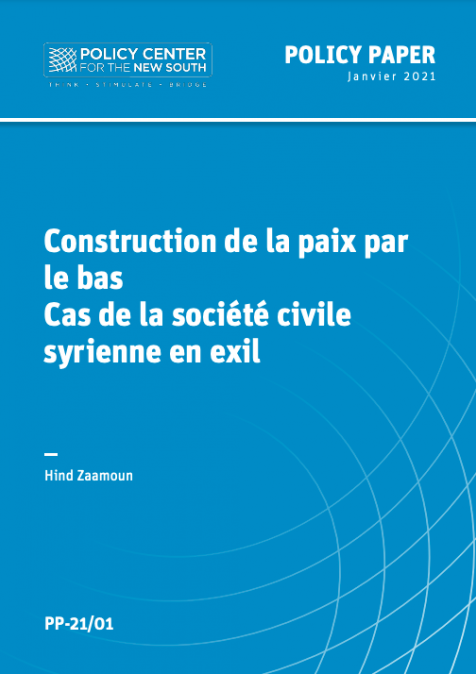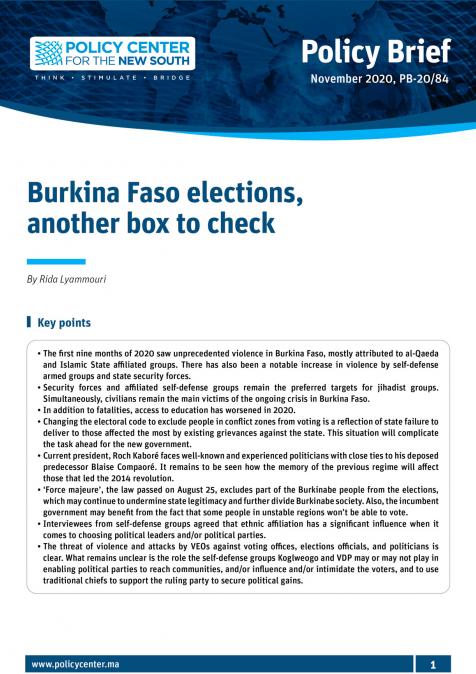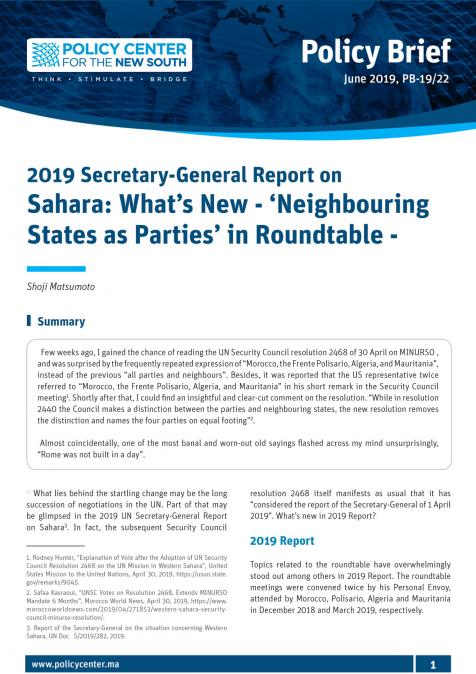Publications /
Policy Paper
After decades of globalization and integration, the world seems to be fragmenting again, epitomized best, perhaps, by the return of geopolitical crisis, protectionism, unilateral sanctions, treaty withdrawals, and even military and economic coercion. Designed to foster cooperation among states, the multilateral system put in place after the Second World War grew quickly to encompass economic development, international security, global health, human rights, and environmental issues. It found expression in multiple forums, including the United Nations, International Monetary Fund, and World Trade Organization, as well as more informal venues, such the G7 or G20. More recently, the multilateral system seems shaken both in its normative foundations and its operational capacity, while the major threats to international peace and security are radically different today from those anticipated by the framers of the UN Charter. This Policy Paper therefore explores the crisis of multilateralism and its future prospects, from a southern perspective.







